As Burundi commemorates the 34th anniversary of the National Unity Charter, concerns have been raised over the country’s persistent ethnic divisions, political differences, and socio-economic inequalities. While some acknowledge progress, many argue that the Charter’s objectives remain largely unfulfilled.
Burundians and politicians have voiced frustrations over biased job opportunities and ongoing divisions, which contradict the principles of national unity. Olivier Nkurunziza, chairman of the opposition party UPRONA, highlighted the persistence of corruption and injustice. He acknowledged slight improvements over past years but emphasized that deep-seated issues continue to undermine national cohesion.
Jean Bosco Niyonzima, a resident of northern Bujumbura, criticized the Charter, saying that ethnic and political biases still affect employment opportunities. “The charter never contributed to improving the lives of Burundians because, even now, some individuals refuse to assist others due to their different ethnic backgrounds or political affiliations,” Niyonzima said.
In contrast, Pascal Ndayikeza, a resident of the country’s economic capital, has commended the National Unity Charter but argued that it should have addressed broader socio-economic issues rather than focusing solely on ethnicity. “They have focused all their energy on politics and forgotten about poverty, unintentionally creating new divisions—this time between the rich and the poor,” he said.
This year’s National Unity celebrations were marked by a simple wreath-laying ceremony at the National Unity Monument at Vugizo in Bujumbura, with no official address from national leaders. Nkurunziza expressed disappointment over the absence of a unifying speech, particularly as Burundi approaches critical legislative elections.
“On this day, people get a day off. Some should be listening to speeches that remind Burundians, especially as we approach elections, that we must move forward with unity,” Nkurunziza said in an interview with local broadcaster Bonesha FM. He warned that neglecting such an important occasion undermines its significance and shows indifference on the part of national leaders.
Faustin Ndikumana, chairman of the civil society organization PARCEM, stressed the importance of national unity for Burundi’s future development goals. “Cohesion is crucial—if we wish to achieve our future goals, it will not be possible without unity and effective social cohesion,” Ndikumana said.
He also underscored the need for free and transparent elections, cautioning against electoral manipulation, which has historically led to conflicts in Burundi. “Elections should be conducted fairly, and the winner should be recognized without exclusion. Manipulated elections often lead to instability,” he warned.
Additionally, Ndikumana emphasized the importance of human rights, economic freedom, and the eradication of corruption. “Economic policies should promote freedom, allowing people to pursue projects without unnecessary barriers. Corruption and favoritism in awarding contracts must be addressed,” he said.
The National Unity Charter was established in response to ethnic and regional tensions that plagued Burundi since its independence in 1962. Following the deadly events in Ntega and Marangara in 1988, then-President Pierre Buyoya set up a National Commission to address national unity concerns. The resulting Charter was overwhelmingly approved in a 1991 referendum.
Despite its implementation, Burundi experienced continued turmoil, including the 1993 assassination of democratically elected President Melchior Ndadaye, which triggered a prolonged civil war. These events demonstrated that while the Charter symbolized unity, it failed to resolve deep-rooted societal divisions.

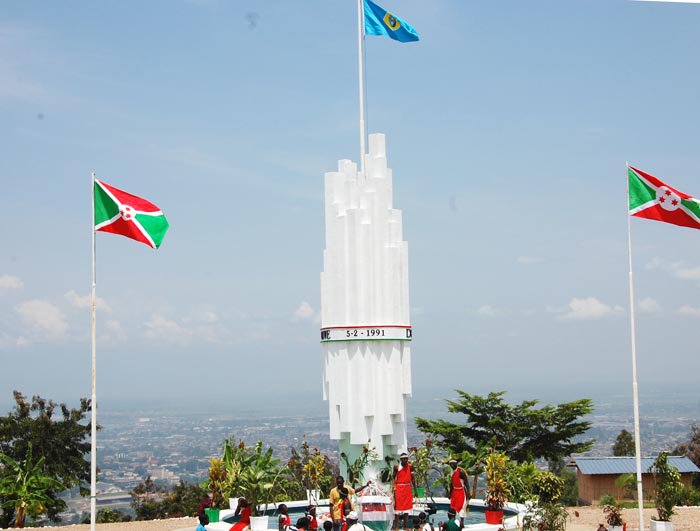


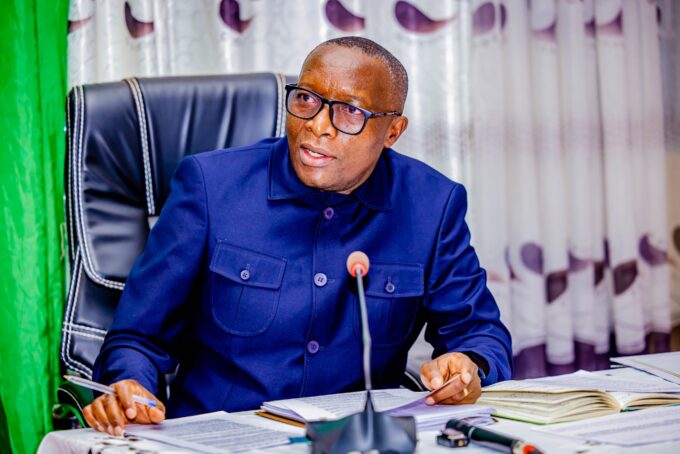
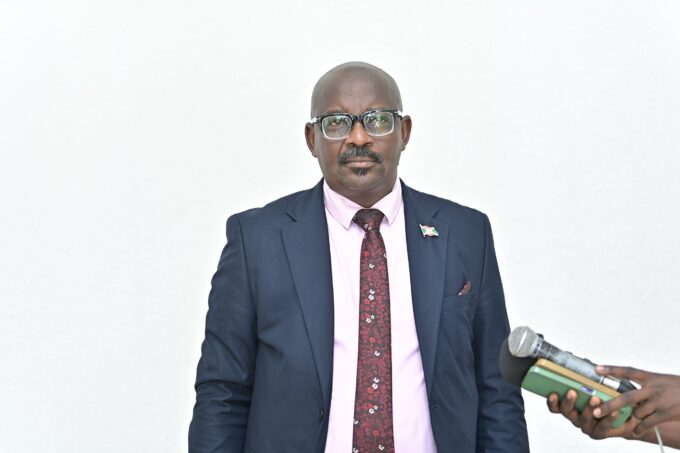
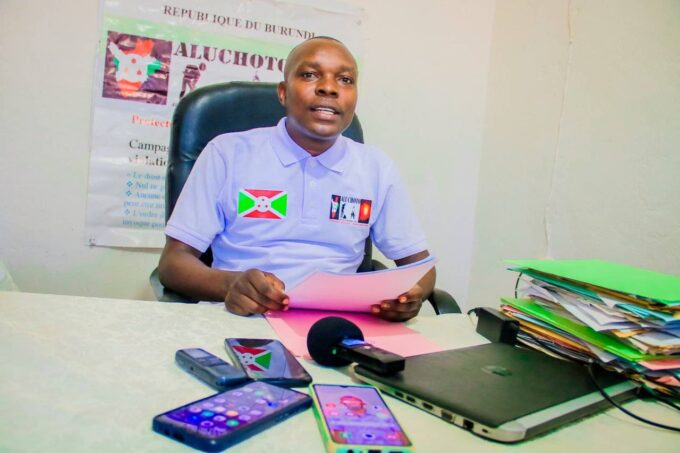
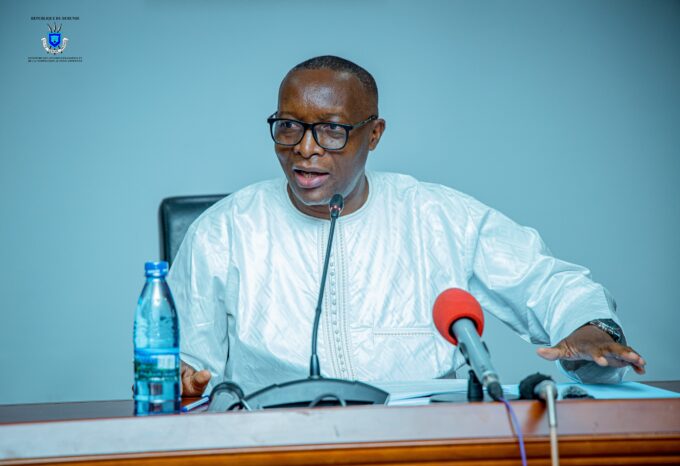
Nice